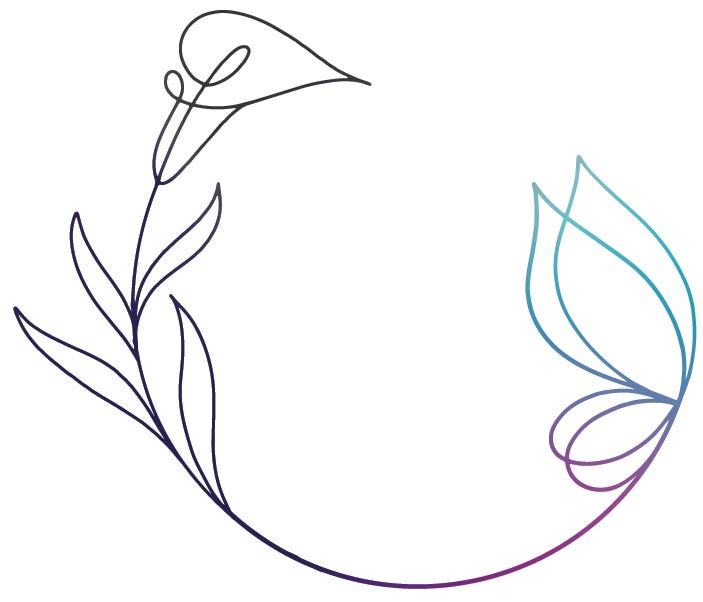Feeling suffocated?
A social justice approach to grief and loss means we recognize and validate those that are cast aside.
Something has shifted deep inside as I continue to integrate the profound teachings from my latest thanatology course.
An awakening of sorts.
As a 55 year old, white-bodied, highly educated, cisgender, mother of three adult children, who grew up Catholic, I humbly acknowledge how ‘wobbly’ I feel as I continue to peel away the onion of privilege and power. I am who I am because of the many inherited and unearned advantages that have come my way. I believe it’s important to position our worldview and social location, so that we can better relate to each other, acknowledge the power differential, and name the assumptions we hold with grace and humility.
Easier said than done.
Dr. Tashel Bordere is an assistant professor in the Department of Human Development and Family Science at the University of Missouri-Columbia. Her research focuses mainly on the lived grief and loss experiences of African American youth. I’ve been gobbling up her wisdom in the Handbook of Social Justice in Loss and Grief: Exploring Diversity, Equity and Inclusion, that she co-edited with Dr. Darcy Harris. This repository of culturally conscious wisdom has profoundly impacted the way I see others. A humble way to connect and fully experience people whose lives are vastly different than mine.
The veil has been lifted.

Suffocated grief is a term that she coined to acknowledge the sorrow that marginalized people may experience. Different than disenfranchised grief (Ken Doka’s beautiful work), where our sorrow isn’t acknowledged or accepted, suffocated grief speaks to the bereaved not being able to express their pain, for fear of being penalized. Think of young people wanting to create street memorials to honour a peer’s violent death but are fearful of being charged with a fine or arrested. Or consider students who aren’t permitted to make-up an exam after attending their loved one’s funeral and being penalized with a lower grade. Marginalized groups may be less likely to resist dominant, oppressive forces because the cost of noncompliance can be too high.
So people retreat into silence.
For the uninitiated, all of this ‘grief talk’ can feel overwhelming. From Prolonged Grief Disorder to the myriad of contemporary grief theories that advocate for a humanized, not pathologized approach to bereavement care, the loss landscape is fraught with hidden crevasses. That is why, in part, I became a Certified Thanatologist.
I certainly didn’t do it for the paycheck.
I’m also a Certified Professional Coach and have spent most of my career working in elite sport. I’ve been to five Olympic Games, held athletes while they sobbed, comforted coaches who didn’t know what to say, and advised executives on how to manage through chaos.
I know a thing or two about companioning people through their darkest days.
I’ve seen the face of human suffering and it comes in 50 shades of despair. I share this now because I believe that our humanity is revealed when we face each other in our darkest moments. I believe that when we choose to stay in the conversation … when we commit to not averting our gaze … when we lean in … something shifts … we access grace.
Author of Finding Beauty in a Broken World, Terry Tempest Williams, who gave me permission to quote her in my book Grief Unleashed, offers this most beautiful of passages:
“I think there is deep beauty in not averting our gaze, no matter how hard it is, no matter how heartbreaking it can be … I think it is about presence, about bearing witness. I used to think bearing witness was a passive act. I don’t believe that to be true anymore. I think that when we are present, when we bear witness, when we do not divert our gaze, something is revealed. Grief is love. The vary marrow of life. We change. A transformation occurs. Our consciousness shifts.”
So here’s my invitation to you. The next time you witness human suffering, pause and lean in.
For paid subscribers, enjoy this Bearing Witness Practice. I’d love to hear what you discovered. Please consider upgrading to a paid membership to access all of my Grief Practices and Grief Cafés. We are building a grief informed community together and I’d love for you to be a part of it!
Keep reading with a 7-day free trial
Subscribe to The Grieving Place to keep reading this post and get 7 days of free access to the full post archives.




